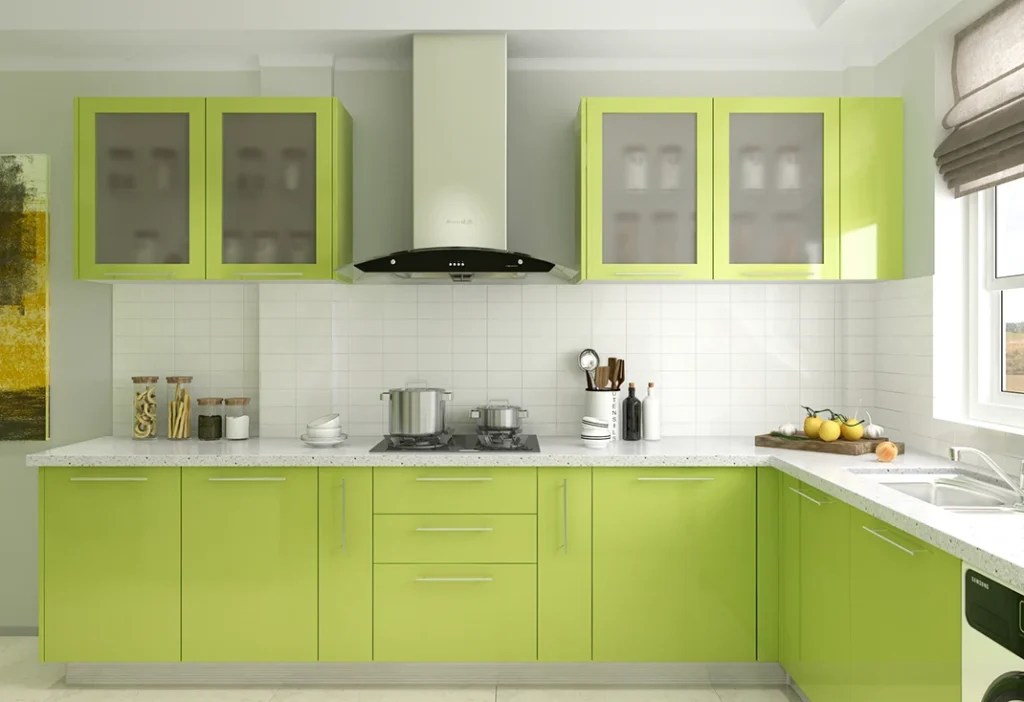Home warranty insurance, (aka builder’s warranty insurance or residential building warranty insurance), is a type of insurance that provides protection to homeowners in New South Wales (NSW) against incomplete or defective building work.
It is a requirement for residential building projects to ensure that homeowners are financially safeguarded in case of builder insolvency, noncompletion of work, or faulty construction. Read on to learn more about the details of home warranty insurance in NSW.
Purpose of Home Warranty Insurance
The primary purpose of home warranty insurance in NSW is to protect homeowners from financial loss arising from defective or incomplete building work.
It provides assurance to homeowners that they will be compensated for rectification costs if their builder fails to complete the work or if defects emerge within a specified period after completion.
Additionally, home warranty insurance helps maintain consumer confidence in the residential building industry by ensuring that builders meet their contractual obligations and deliver quality construction.
Coverage
Home warranty insurance typically covers the following:
1. NonCompletion of Work
If a builder fails to complete the contracted work due to insolvency, death, disappearance, or license suspension, home warranty insurance will cover the cost of completing the unfinished work.
2. Defective Workmanship
Home warranty insurance provides coverage for defects in the construction work, including structural defects, waterproofing issues, and other building defects that arise within a specified period after completion. The insurance policy ensures that homeowners are financially protected against the cost of rectifying these defects.
3. Structural Defects
Structural defects, such as faults in the foundation, loadbearing walls, roof structure, or structural elements of the building, are covered under home warranty insurance. This coverage ensures that homeowners are protected against significant structural problems that may compromise the safety and integrity of their homes.
4. Deposit and Progress Payments
Home warranty insurance may also cover homeowners’ deposits and progress payments made to the builder in case of noncompletion of work or insolvency, providing reimbursement for any financial losses incurred.
Requirements and Regulations
In NSW, home warranty insurance is regulated by the Department of Customer Service’s NSW Fair Trading division. Builders and developers are required to obtain home warranty insurance for certain residential building projects, including:
- New homes (detached houses, townhouses, and duplexes)
- Home renovations or alterations exceeding a certain value
- Swimming pools (if constructed as part of a residential building project)
Builders and developers must purchase home warranty insurance from an approved insurance provider before commencing work on eligible projects. They are also required to provide homeowners with a copy of the insurance certificate and policy details upon completion of the building work.
Benefits of Home Warranty Insurance
Home warranty insurance offers several benefits to both homeowners and builders, including:
- Financial Protection: Homeowners are protected against financial loss due to builder insolvency, noncompletion of work, or defective construction, ensuring peace of mind and security.
- Legal Compliance: Builders and developers comply with regulatory requirements by obtaining home warranty insurance for eligible projects, reducing the risk of legal disputes and penalties.
- Consumer Confidence: The availability of home warranty insurance enhances consumer confidence in the residential building industry by providing assurance that their investment is protected and that builders are accountable for the quality of their work.
Conclusion
Home warranty insurance safeguardes the interests of homeowners and maintains the integrity of the residential building sector in NSW. By providing financial protection against incomplete or defective building work, home warranty insurance promotes confidence and trust between homeowners and builders.







